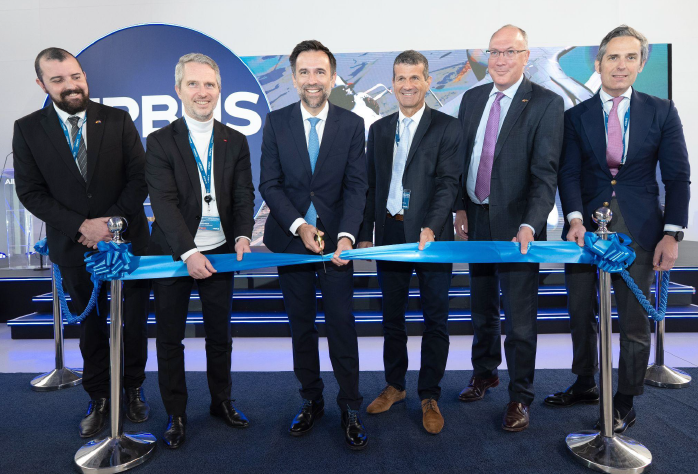Enlightenment and enforcement of sustainable finance and investment would pave the way for a progressive Nigeria, according to Kenneth Amaeshi, a professor and director of the sustainable business initiative at the University of Edinburgh Business School, United Kingdom.
Amaeshi who spoke as guest lecturer at the June edition of the business a.m./GTI financial and investment dialogue themed “Prospects for sustainable finance and investment in Nigeria” in Lagos at the weekend, said sustainability in this context is not in investment as a going concern or longevity but how finance can be used to achieve sustainable development goals.
He explained that every organisation has both economic and social cost, but most pay more attention to economic cost instead of working towards eliminating or reducing social cost. In the same vein, he opined that investors are part of the problem of non-sustainability as they are investing in companies who do not value the implication of waste on the environment.
To explain this he used the acronym “ESG” (Economy, Society and Government), stating, that the society encompasses all. “Without the society, there will be no economy or government,” he said.
Citing a BBC coverage on the derogatory nature of Ghana’s e-waste disposal, Amaeshi was able to point out how the responsibility trickles down to investors and banks who issue out credit and loans to importers of products that are harmful and unhealthy for the environment and for human use.
Even though he agreed that reducing or eliminating social cost would not be easy in Nigeria as our sustainability issues are peculiar, the economics professor said a starting point towards reducing social cost should entail enlightening citizens, from the grassroots to the top, payment of subsidies for unwanted goods, negotiations, fines, additional taxes, regulations, innovation among others.
He charged organisations to be responsible for their society as sustainability is about impact management. According to the professor, there is no direct link between sustainability and profit and this is what deters organizations from embarking on it.
He however disclosed that an indirect relationship, which passes through channels of improved reputation, greater resource management, employee productivity, customer and community goodwill will then bring about profits that are sustainable. He said, “by reducing social cost you become more efficient and increase the goodwill of the company which will turn to profit in due course.”
Advocating for sustainable finance and investment, to succeed in Nigeria, Mike Oladele, deputy director, bank examination department, NDIC said: “there is a need for a robust infrastructure and strong data collection to serve as a benchmark for proper assessment.”
One of the participants who identified himself simply as Bamidele, a senior lecturer at the Olabisi Onabanjo University (OOU) harped on the need to incorporate sustainability into the school curriculum from primary levels. “If we are making money today, that doesn’t mean we should destroy the prospects for our future generations”
He stressed that financial models in the area of waste management must be built and the development of waste management skills should be looked into.
On the reason behind the monthly dialogue Abubakar Lawal, group managing director and chief executive officer of GTI said, “our objective is to help people make meaning out of nothing. This dialogue, which is the third in its series holds a vision to impact Nigeria and influence Africa.
This session has opened my mind to the opportunities of how to make money better, it has placed more emphasis on creativity, and showed that we are the one to impact our environment, ” he said.
Lawal said we should desist from waiting for the government to do things for us and do it ourselves, and emphasized the need for the citizens to drive the process of sustainable financing and investment, thereby helping ourselves and the government to drive productivity and create wealth that we so desire.
Also reiterating the need for sustainable finance and investment decisions, Phillips Isakpa, CEO, business a.m during his opening remarks said his organisation has teamed up with GTI because of the belief that discussions about Nigeria should be futuristic.
“A lot of the things that we do tend to remain current or past, but Nigeria deserved to begin to talk about the future. Our children should be paramount in our discussions on how to move forward,” Isakpa said.










